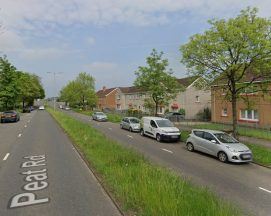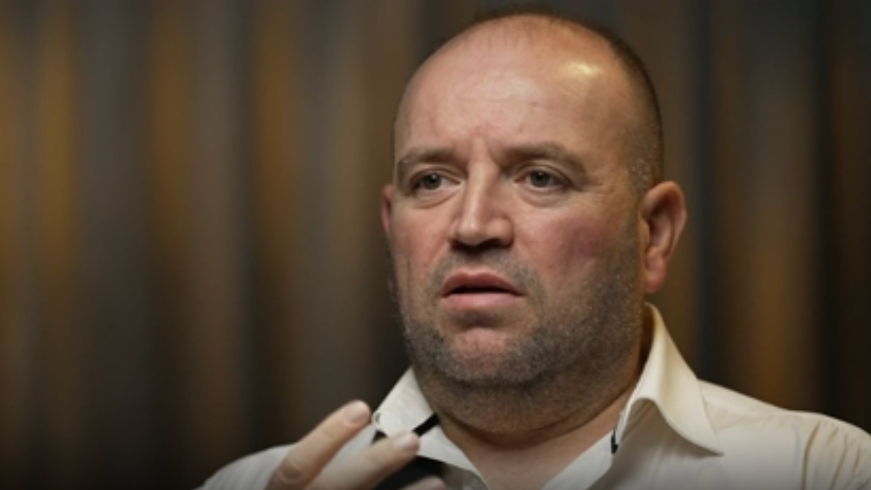Tackling so-called incel culture is among the actions being considered by police in their strategy to deal with violence against women and girls.
The strategy was presented in a report at the Scottish Police Authority (SPA) policing performance committee on Thursday, with a number of recommendations.
It is based on engagement with the general public, women and girls, survivors of violence, key partners, academics and experts.
Proposals within the strategy include tackling and diverting incel culture through education, delivering trauma-informed training to all police officers and staff, and expanding the use of sexual offences liaison officer-led. visually recorded interviews.
The police report described incel – which stands for involuntary celibates – culture as a “misogynistic ideology” where men believe women are to blame for their lack of intimate relationships and as a result should be verbally, physically or sexually assaulted.
It is a largely online community where “incels” communicate across various platforms in what is referred to as the “manosphere”.
The report said: “We will challenge these unacceptable beliefs and look to establish the scale and potential threat arising from these individuals; improve understanding amongst officers and staff of these issues and work with partners to devise appropriate awareness raising campaigns.”
Some examples of the campaigns include advocating the inclusion of incel culture and violent misogyny within existing cyber choices packages in schools, and in other environments such as higher education and workplaces.
Launching the strategy, deputy chief constable Jane Connors said: “We are committed to creating a society where women and girls live free from violence, abuse, exploitation and harassment.
“We will work with our partners across criminal justice, and support services, to improve the opportunities and support for women to report (crime).
“We are committed to continually improving the service we provide, to build confidence in reporting and in policing more widely. Our service must be trauma-informed, we will prioritise the needs of victims and survivors.
“As an organisation we are not immune from the sexism and misogyny that is at the root of this violence. Our strategy recognises the work that needs to be done internally.
“Our role is crucial, but policing alone cannot stop violence against women and girls. Our strategy outlines the actions we will take as a service, together with our partners.
“We will continue to engage, to work with our partners, to improve our response and to drive the change needed to end violence against women and girls.”
Police said reports of sexual crime and domestic abuse continue to increase and both remain under-reported.
Between April and December last year, reports of overall sexual crime decreased by 4.5% – 510 crimes, from 11,347 to 10,837- when compared to the previous year.
However, reporting of sexual crime increased by 6.6% – up 672 crimes from 10,164 – against the five-year mean.
The strategy will be subject to final discussion by the full SPA board next week.
Follow STV News on WhatsApp
Scan the QR code on your mobile device for all the latest news from around the country




























